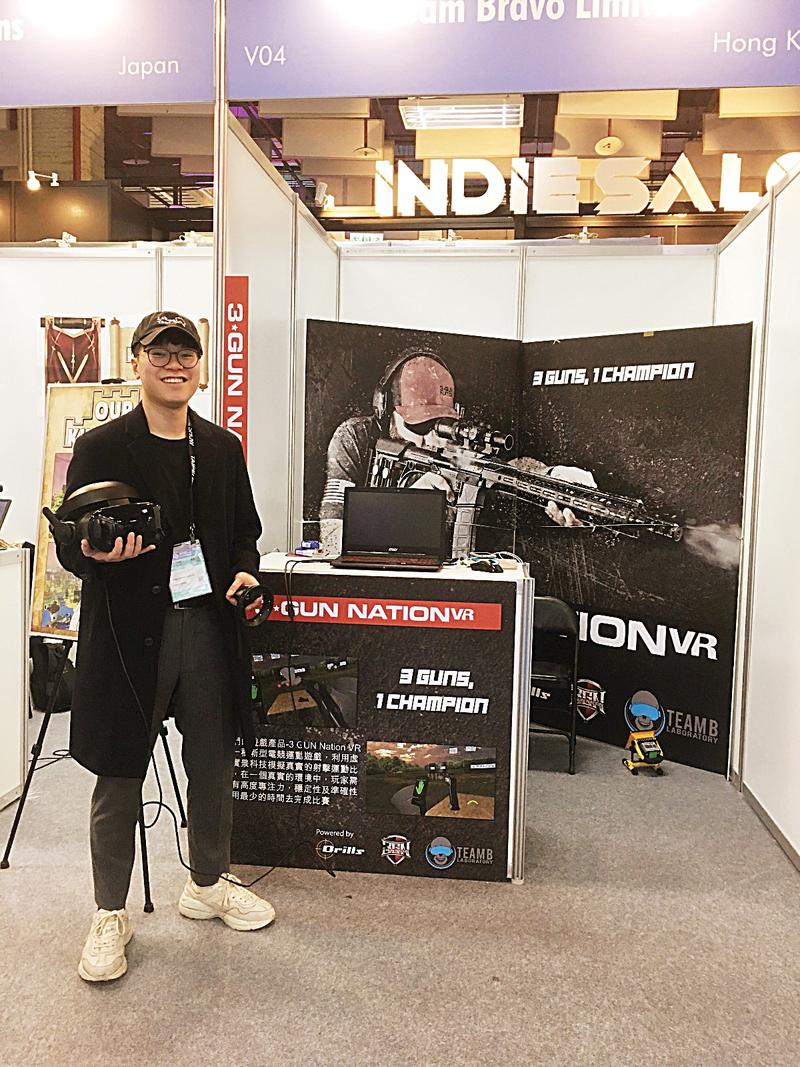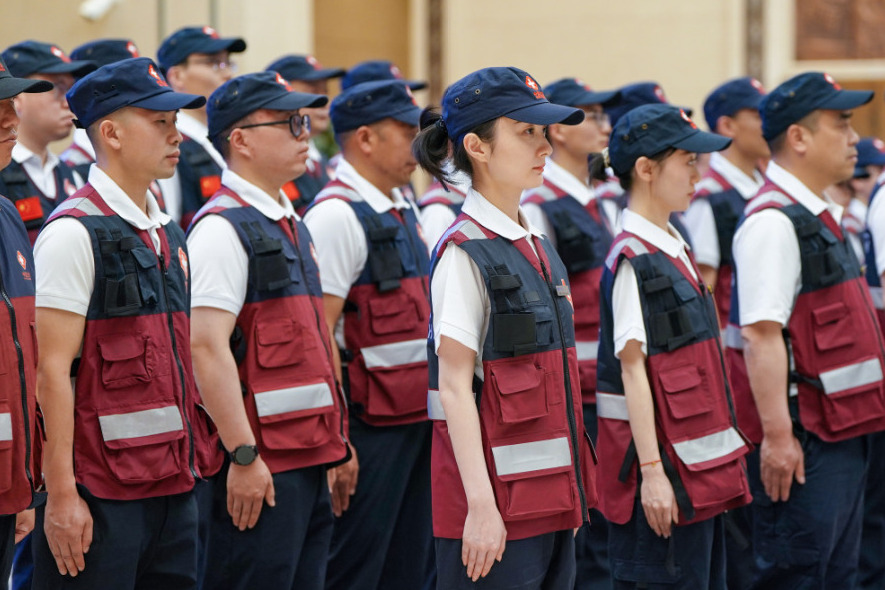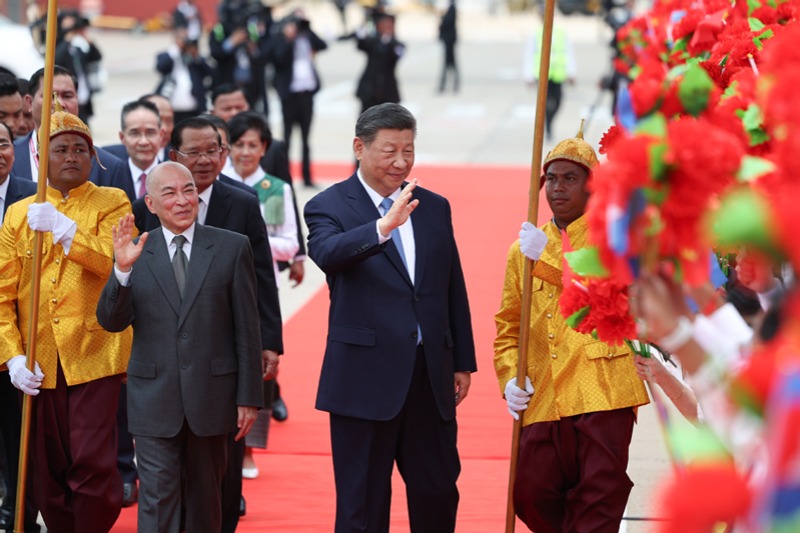COVID-19: Escape to the cyberzone

The coronavirus pandemic is proving a bonanza for some game developers as people living under lockdown reconnect to humanity in an online virtual reality. Wang Yuke reports from Hong Kong.

People are locked up, clinging to the last vestiges of their sanity, while COVID-19 stalks the world like the Cryptkeeper. Life became a dystopian movie a couple of months back, and now most people are trying not to go stir-crazy — while some are not succeeding.
Then came the video game. It's been around for decades, but for some, it's an escape from the nightmare. Video games are creating social connectedness that, for most people was never there before.
There's Sam Lam, a senior executive financial manager in insurance. He's into FIFA 2020, an e-soccer game. It became "a thing". Lam has been stuck at home for two months, getting pretty down about it. "All of a sudden, I have more leisure time. Too much, I'd say," Lam said.
He started filling the void with the game. "I used to play a couple of times a month. Lately, I've been playing four times a week, two hours at a time," Lam said. FIFA 2020 has become a habit. "If I play shy of two hours today, I'll be sure to make up for it at the end of the day," Lam said with a laugh. He thinks it's turned out pretty well. "I'm renewing old friendships," as the game lets players talk to each other.
Many business owners are afraid that the light at the end of the tunnel is an oncoming train. It's not like that for the video game industry. COVID-19 has set off a sales bonanza. The spikes in orders started when the authorities started enforcing lockdowns all over the world.
Video games have been awarded the seal of approval by a body no less august than the World Health Organization — ironically, the same organization that just a short while back warned about the harmful effects of video games and video-game addiction.
"People are scared. It's like, the virus could come like a knock on your door," said Chen Zhansheng, associate professor of psychology at the University of Hong Kong. "We are triggered. We have to look for ways to adapt to the new normal and a new life.
"At the start, we are curious, maybe even delighted. After all, it's a new experience. But as isolation and social disconnection go on and the pandemic gets worse, fear and even depression set in. It can be overwhelming," Chen said.
- Road collapse leaves two dead in Shanxi
- Woman detained for stopping train doors from closing
- More Chinese students going abroad, and destinations are diversifying
- Beijing Institute of Technology sacks professor over forced relationship and corruption
- Actress Liu Tao appears in classical attire as she marks birth anniversary of Mazu
- AG600 seaplane receives type certification






































